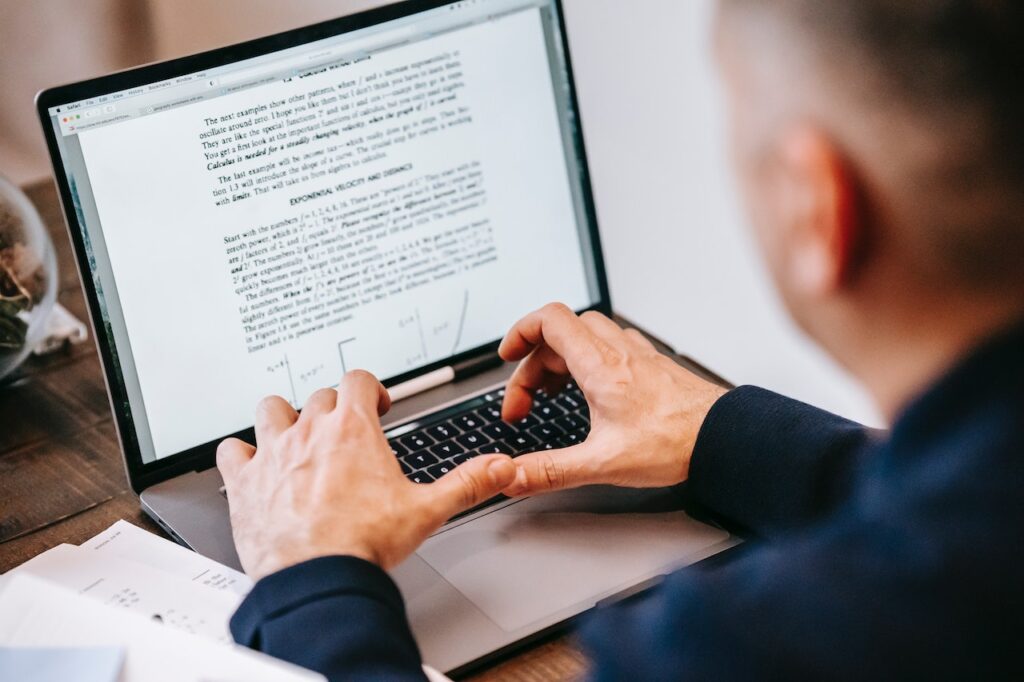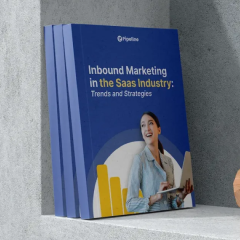
Do you want to improve your website’s visibility in search engine rankings? On-page SEO is the key. With the right on-page optimization techniques, you can make sure your content is getting seen by the right audience. In this article, we’ll take a look at what on-page SEO is, why it’s important, and how you can use it to optimize your pages for maximum impact. Get ready to learn the fundamentals of on-page SEO so you can maximize your search engine results.
On-page SEO (Search Engine Optimization) refers to the process of optimizing individual webpages in order to rank higher in search engines and draw more organic traffic. This includes optimizing the content of a page with relevant keywords, ensuring that all links are working properly, and including meta tags and descriptions that accurately reflect what the page is about.
It also involves making sure that all images are properly tagged and compressed for faster loading times. By following these guidelines, you can ensure that each page on your website is optimized to attract more visitors and have a better chance of ranking highly in search engine results pages (SERPs).
On-page SEO is an important factor for businesses to consider when trying to rank higher on search engines. On-page SEO involves optimizing the content of a website, like titles, images, and headings, in order to maximize its visibility on search engine results pages. It also includes optimizing the HTML code and structure of a website so search engine bots can easily crawl it.
By maximizing visibility with on-page SEO techniques, businesses can increase organic traffic and potentially improve their ranking in search engine results pages. Additionally, having high quality content that is optimized for on-page SEO makes it easier for users to find what they are looking for quickly and efficiently, improving user experience which is another important factor in ranking higher on search engines.
On-page SEO is one of the main components of SEO, and it involves optimizing individual web pages to make them more attractive to search engines. By following some simple steps here, you can optimize your pages for on-page SEO and improve your chances of getting more traffic and higher rankings in SERPs.
Identifying the right keywords is an important part of on-page SEO optimization. Your keywords should be relevant to your content and have a good search volume, as well as low competition. You can use keyword research tools like Google Keyword Planner or Ubersuggest to find the best ones. Once you have identified the right keywords, you can incorporate them into your page titles, meta descriptions, headings, body content and URLs.
Furthermore, including internal links with relevant anchor text is also a good way to optimize your pages for on-page SEO. Finally, make sure to include images and videos with appropriate alt tags and descriptions so that search engines can better understand your content. By optimizing your pages for these various elements it will help you rank higher in search engine results.
Into Content Incorporating keywords into content is one of the most important strategies to optimize your pages for on-page SEO. The best way to do this is by making sure that your keywords are used in the title, headings, and body of the text. It is also important to use relevant keywords throughout the page, as well as in meta descriptions and image alt tags.
Additionally, it is helpful to link related keywords to other pages on your site. This helps to create internal links that can improve the overall visibility of your website in search engine results. With thoughtful keyword usage and optimization, you can ensure that your content reaches its target audience more effectively.
Structure content for readability and usability is an important part of optimizing your pages for on-page SEO. It means making sure that your content is well-organized, easy to navigate, and easy to understand. This includes using headings and subheadings, bullet points, and other formatting techniques to break up large chunks of text into smaller sections.
Additionally, using keywords strategically throughout the page can help boost your SEO rankings by making it easier for search engines to find your content. Finally, linking between related pages within your website will help ensure that users stay on the site longer and view more of the content. By following these steps you can maximize the potential of your website's visibility in SERPs (Search Engine Results Pages).
Using heading tags appropriately is an important part of optimizing your pages for on-page SEO. Heading tags are HTML elements that help structure the content on a page and allow search engines to better understand it. Utilizing headings correctly will help make sure that your content is properly indexed, making it easier for search engines to find and display your pages in their results.
When creating headings, it's important to use relevant keywords, as well as ensure that you're using the correct heading tag for each section of text. Additionally, you should use only one H1 tag per page, with all other headings (H2-H6) used in descending order where appropriate. Following these guidelines will help ensure that your pages are optimized for on-page SEO and can lead to higher rankings in search engine results.
Alt Text for Images is one of the most important ways to optimize your pages for On-Page SEO. Alt text allows search engine crawlers to understand the context of an image, and it also helps users who are visually impaired to interpret what the image is about. To optimize your alt text, make sure that it contains relevant keywords and phrases related to the content on your website.
Additionally, ensure that all images have unique alt text; don't just use a generic phrase for all images on your page. By adding relevant and unique alt text, you can help search engines better understand your content and rank it more effectively in search engine results.
Internal links are a great way to optimize your pages for on-page SEO. They can help improve user experience by allowing visitors to navigate around your site and find the information they need quickly. Additionally, search engines use internal links as a signal of relevance when indexing web pages. To make sure your internal links are properly optimized, you should use relevant keywords in the anchor text and avoid linking to irrelevant pages.
You should also limit how often you link to the same page since this can hurt your page’s ranking. Finally, be sure to check that all internal links are working correctly so that users can easily access the content they need. Following these simple steps will ensure that your pages are properly optimized for search engine rankings and provide users with an enjoyable browsing experience.
Optimizing load times and page size can be an important part of improving your on-page SEO. To do this, you should start by minifying your HTML, CSS, and JavaScript code. This will reduce the amount of data being sent to a browser, resulting in faster page loads. Additionally, you should also compress any images or videos on your page to help minimize their file size.
Furthermore, leverage browser caching so that static content is stored locally on the user’s browsers. This will reduce the number of requests made each time someone visits your site and can significantly improve loading times. Lastly, look into using a content delivery network (CDN) that will store copies of assets across multiple servers around the world allowing users to download them at a much faster rate. Implementing these tactics will help optimize your pages for better on-page SEO performance.
Monitoring and updating your web pages frequently is essential for optimizing them for on-page SEO. You should regularly check your web pages to ensure that the content is up to date, all links work properly, and the images are optimized for loading speed.
Additionally, you should make sure that each page has a unique title tag and meta description, as well as appropriate keywords in the headings and body text. Finally, be sure to add structured data markup when possible to help search engines better understand the content of your pages. By monitoring and updating your pages regularly, you will give yourself a better chance of achieving higher rankings in SERPs.
When it comes to improving your website's visibility and searchability, the next step you should take is to focus on On-Page SEO. This involves optimizing your website's content and structure to make sure it is optimized for search engines like Google. On-Page SEO includes elements like page titles, meta descriptions, headings, images and internal linking.
Additionally, keyword research should also be done to ensure that the right keywords are used when creating content. By making sure that all of these elements are optimized correctly, you will be able to increase your chances of appearing higher in search engine results pages (SERPs). The more visible your website is in SERPs, the better chance you have of attracting more visitors to your site.
Are you struggling with SEO? Pipeline is a team of experts that can help you achieve top rankings in Google. Our SEO services will help you get more traffic and sales on your website. We will make sure your website is optimized to rank higher in search engines.
Contact us today to get a free consultation!


